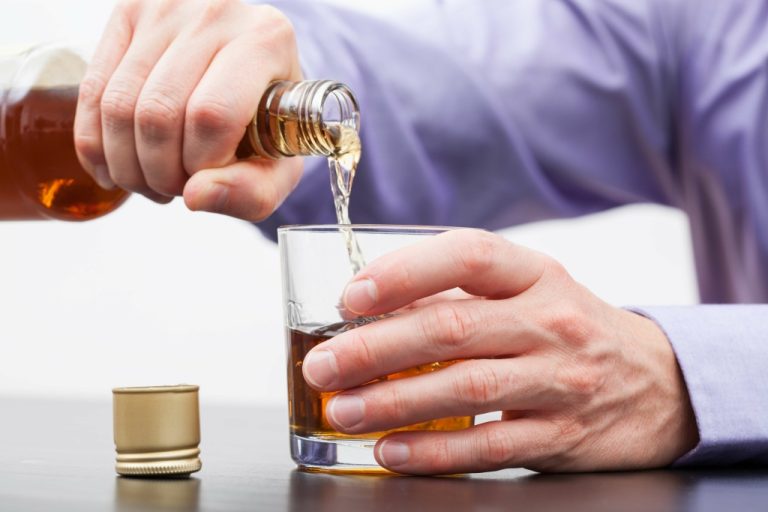It’s also crucial to prioritize self-care and set boundaries to avoid burnout. This may include https://rupeek.ru/en/est-li-tabletki-podobnye-omeprazola-noveishie-chem-zamenit.html taking breaks throughout the workday or seeking outside support if necessary. Identify your triggers and stressors and develop a plan for how to cope with them. This can include practicing self-care, reaching out to your support system, or seeking professional help.
What Are The Reasons People Choose Sobriety?
Honestly, I’ve gone back and forth with deleting my social accounts completely. If you cannot afford therapy, I would consider group counseling, outpatient treatment programs, or recovery coaching. Explore your options, and don’t give up on finding a source of help. A good relapse prevention plan should include a hard copy of your support system. I remember having three different cell phones stolen during my short time on the streets.

Definition of sobriety
![]()
So first, define what self-care means to your physical, mental, and spiritual needs. Then, practice those acts of self-care for support with staying sober. Regular https://best-stroy.ru/docs/r130/2041 health assessments are vital for individuals in recovery. Substance use can have long-lasting effects on physical and mental health, making ongoing monitoring essential.

Reaching Sobriety Checkpoints
- Confidence and productivity come with time and practice.
- Engaging in therapy, taking part in new activities, and cultivating a supportive community are all integral steps towards building a meaningful, substance-free life.
In the realm of addiction recovery, sobriety is not a destination but a continuous path of self-improvement and discovery. It involves developing coping mechanisms to deal with life’s challenges without resorting to substance use. Sobriety isn’t just about abstaining from alcohol or substances.
Find Sober Activities
- If any area of your life is out of control, it will not help you maintain lasting sobriety.
- Medication-Assisted Treatment (MAT) is another critical component in the intersection of sobriety and mental health.
- It’s significant to have a plan in place for managing these feelings.
- Triggers and cravings are two common obstacles in sobriety.
Drugs and alcohol take a massive toll on the body over time. Long-term alcohol use, for example, is linked to liver damage, heart disease, and an increased risk of certain cancers. Drugs like opioids, stimulants, or even marijuana can cause respiratory, neurological, and cardiovascular issues. Quitting these substances allows your body to heal, increasing your energy levels, improving sleep, and reducing your risk of life-threatening conditions.

Building a Support Network
- These strategies have proven to be successful in my sober living.
- These intense urges to use drugs or alcohol are often triggered by certain situations, emotions, or stressors.
- Structure helps to mitigate old habits and can bring purpose to your days.
- Each synonym complements our comprehension, highlighting different facets that contribute to recovery and personal growth.
If these emotions become excessive, they can hold you back from recovery. If https://openclnews.com/health-and-drugs.html you are trying to maintain a sober lifestyle, those feelings can become toxic and contribute to relapse if you don’t deal with them properly. Many people who misuse alcohol or drugs have trouble dealing with anger. If left unchecked, anger can have a negative impact on your health and your lasting sobriety. The three principles of sobriety are structure, activity, and connection. These elements set the framework for a positive recovery journey and improve quality of life.
